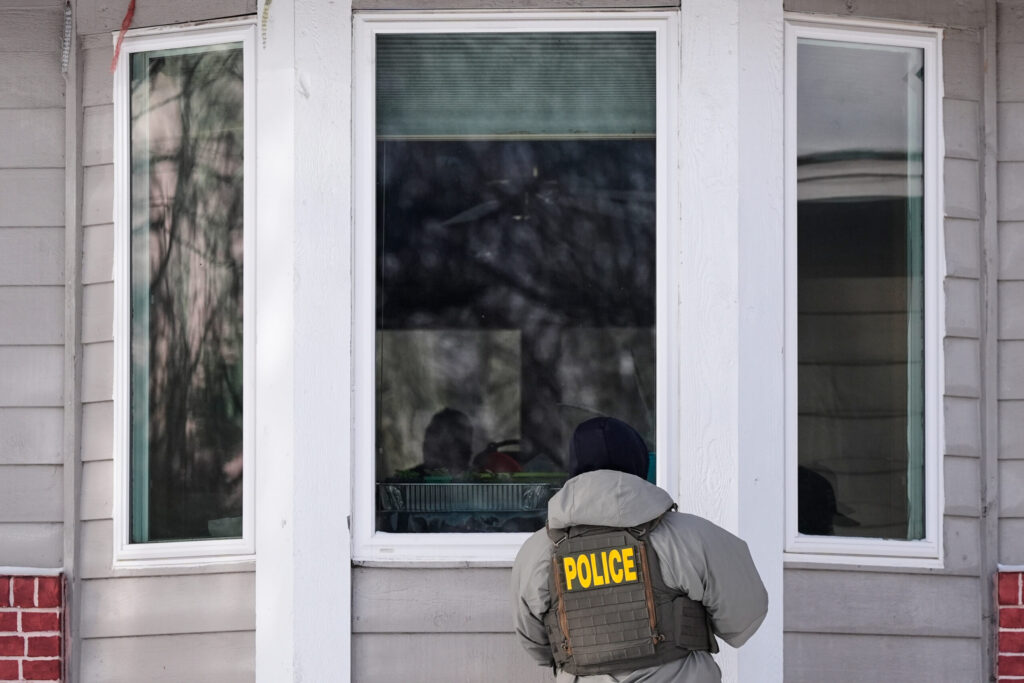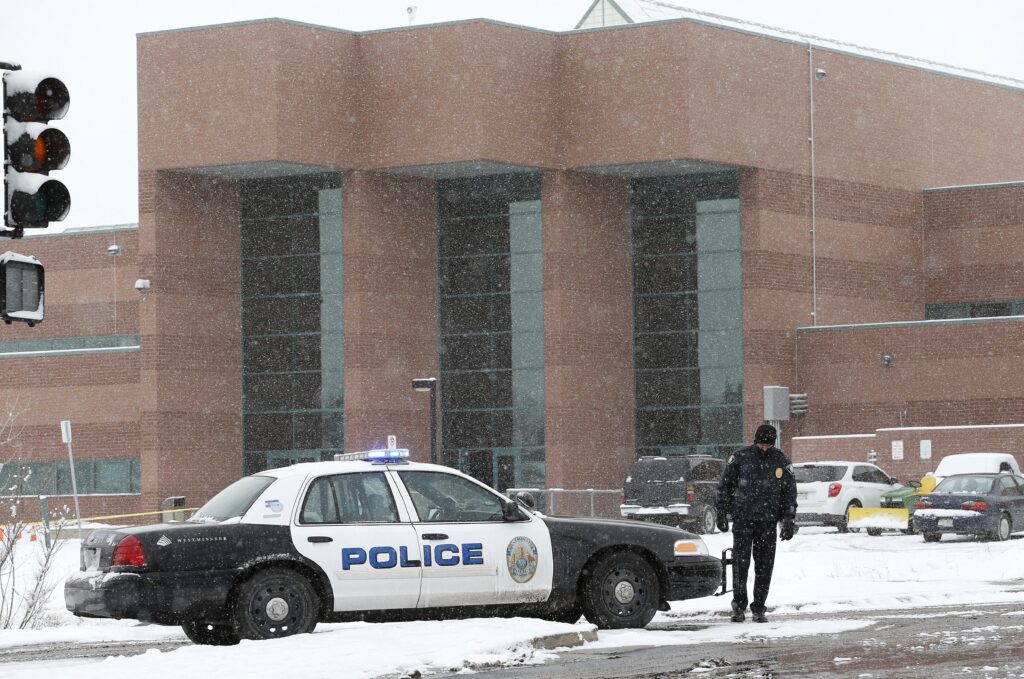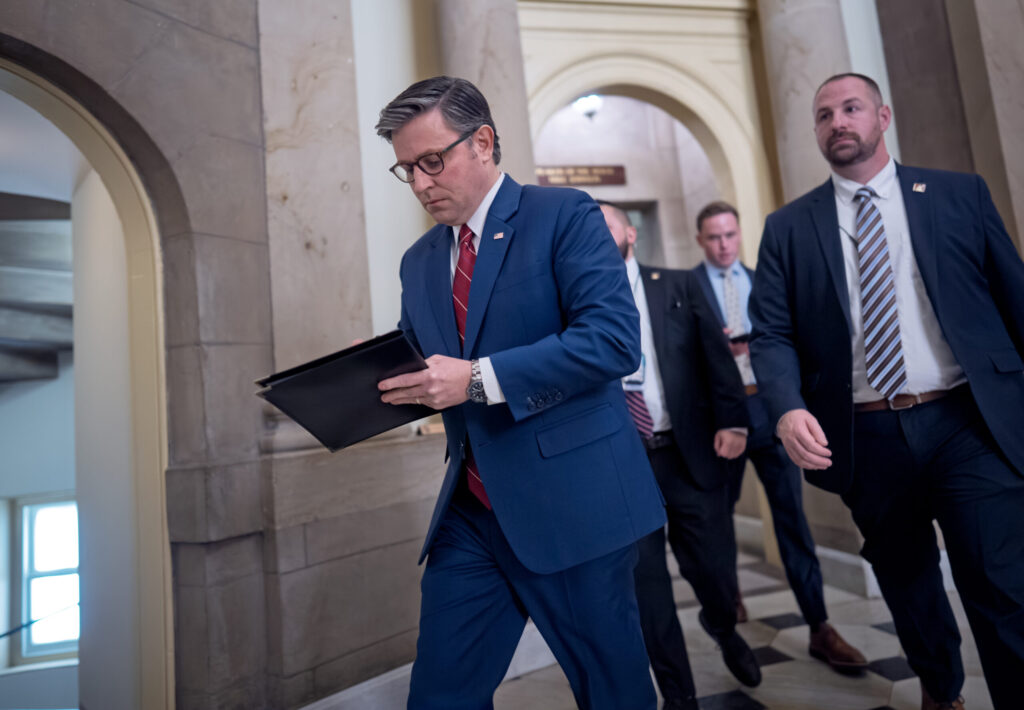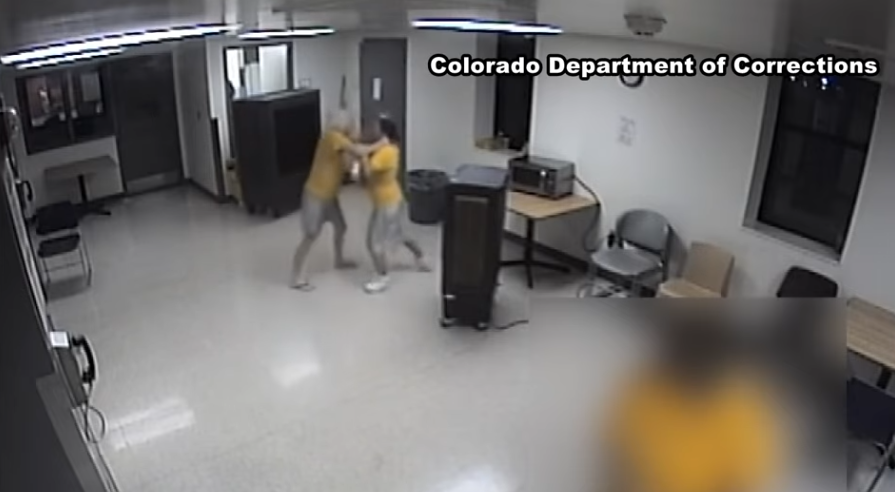US sues to block merger of grocery giants Kroger and Albertsons
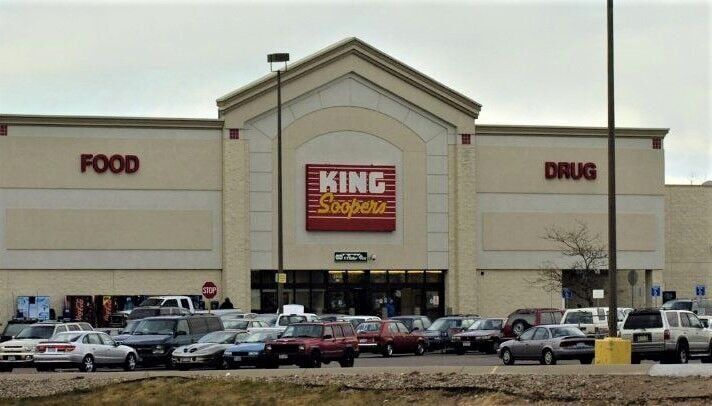
The Federal Trade Commission sued to block a proposed merger between grocery giants Kroger and Albertsons, saying the $24.6 billion deal would eliminate competition and lead to higher prices for millions of Americans.
The FTC filed a lawsuit in U.S. District Court in Oregon on Monday. It was joined in the suit by the attorneys general of eight states and the District of Columbia.
Kroger and Albertsons, two of the nation’s largest grocers, agreed to merge in October 2022. The companies said a merger would help them better compete with Walmart, Amazon, Costco and other big rivals. Together, Kroger and Albertsons would control around 13% of the U.S. grocery market; Walmart controls 22%, according to J.P. Morgan analyst Ken Goldman.
Both companies, immediately after the FTC announcement, said that they will challenge the agency in court.
The proposed merger could affect more than 200 stores in Colorado. Kroger runs nearly 150 stores in Colorado under the King Soopers and City Market banner while Albertsons has 105 stores under its own name or the Safeway brand.
“These fears are warranted because the market for grocery stores in Colorado is already very concentrated with too little competition,” Colorado Attorney General Phil Weiser said after announcing the state is suing to block the deal earlier this month. “And the merger would make the problem worse.”
Colorado is suing to block the merger and to get $1 million in civil penalties for an alleged “non-poach” and “non-solicitation” agreement between Albertsons and Kroger as union workers went on strike in 2022, which both grocers denied doing.
Colorado State Treasurer Dave Young — one of seven state treasurers who signed a letter last year urging the federal agency to stop the merger — applauded the FTC’s decision on Monday saying it was a win for the state’s workers and communities.
“The risks posed by this merger far outweighed the benefit to the shareholders of Kroger and Albertsons,” Young said. “When consolidation harms workers, lowers accessibility of food and medicine, and results in detrimental impacts to local and state economies, it’s clear the deal is good for c-suite executives and bad for everyone else.”
Kroger, based in Cincinnati, Ohio, operates 2,750 stores in 35 states and the District of Columbia, including brands like Ralphs, Smith’s and Harris Teeter. Albertsons, based in Boise, Idaho, operates 2,273 stores in 34 states, including brands like Safeway, Jewel Osco and Shaw’s. Together the companies employ around 700,000 people.
But the merger, announced at a time of high food-price inflation, was bound to get tough regulatory scrutiny. U.S. prices for food eaten at home typically rise 2.5% per year, but in 2022 they rose 11.4% and in 2023 they rose another 5%, according to government data. Inflation is cooling, but gradually.
“Kroger’s acquisition of Albertsons would lead to additional grocery price hikes for everyday goods, further exacerbating the financial strain consumers across the country face today,” Henry Liu, the director of the FTC’s Bureau of Competition, said in a statement.
The FTC, which said the proposed deal would be the largest grocery merger in U.S. history, said it would also erase competition for workers, threatening their ability to win higher wages, better benefits and improved working conditions.
The Biden administration has also shown a willingness to challenge big mergers in court. Last month, the Justice Department sued to block a proposed merger between JetBlue Airways and Spirit Airlines.
Kroger said customers will likely see higher food prices and store closures if the merger isn’t allowed to proceed.
“Albertsons Cos.’ merger with Kroger will ensure our neighborhood supermarkets can better compete with these mega retailers, all while benefitting our customers, associates, and communities.,” Albertsons said in a prepared statement. “We are disappointed that the FTC continues to use the same outdated view of the U.S. grocery industry it used 20 years ago.”
“This decision only strengthens larger, non-unionized retailers like Walmart, Costco and Amazon by allowing them to further increase their overwhelming and growing dominance of the grocery industry,” Kroger said.
The action by the FTC and the states follows lawsuits filed earlier this year in Colorado and Washington to block the merger. The states that joined the FTC lawsuit Monday are Arizona, California, Illinois, Maryland, Nevada, New Mexico, Oregon and Wyoming.
Kroger has promised to invest $500 million to lower prices as soon as the deal closes. It said it also invested in price reductions when it merged with Harris Teeter in 2014 and Roundy’s in 2016. Kroger also promised to invest $1.3 billion in store improvements at Albertsons as part of the deal.
Last year, C&S Wholesale Grocers agreed to purchase 413 stores and eight distribution centers that Kroger and Albertsons agreed to divest in markets where the two companies’ stores overlapped. C&S said it would honor all collective bargaining agreements with workers.
Still, the United Food and Commercial Workers union, which represents 835,000 grocery workers in the U.S. and Canada, voted last year to oppose the merger, saying Kroger and Albertsons had failed to be transparent about the potential impact of the merger on workers.
The union was also critical of a $4 billion payout to Albertsons shareholders that was announced as part of the merger deal. Several states, including Washington and California, tried unsuccessfully to block the payment in court, saying it would weaken Albertsons financially.
Kroger and Albertsons had hoped to close the deal early this year. But the two companies announced in January that it was more likely to close in the first half of Kroger’s fiscal year. Kroger’s fiscal second quarter ends Aug. 17.
Denver Gazette business writer Bernadette Berdychowski contributed to this story.




